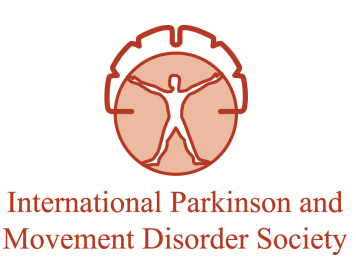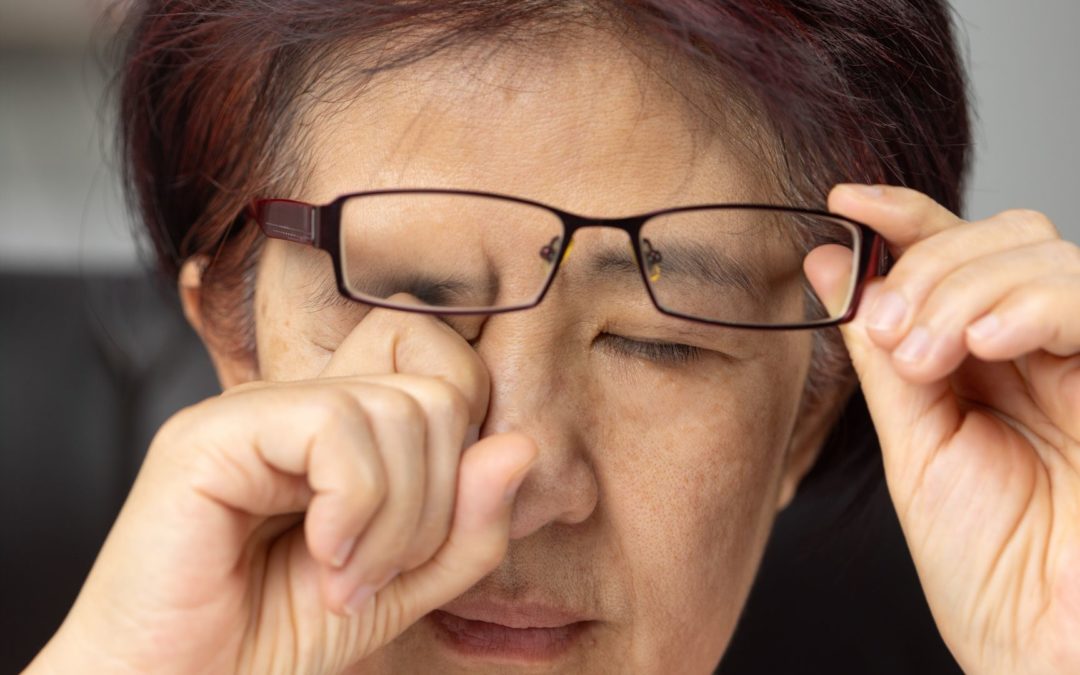Recent Announcements
PhotoPharmics Announces Publication of Phase 2 Clinical Trial Results in Neurotherapeutics and Its Role in the Company’s Phase 3/Pivotal Clinical Trial
Peer-reviewed Phase 2 Results Inform Ongoing Phase 3/Pivotal Trial of Celeste® in Parkinson’s Disease PhotoPharmics, Inc. today announced the peer-reviewed publication of results from its Phase 2 randomized, double-blind, controlled clinical trial...
PhotoPharmics Announces Board Expansion to Support the Next Phases of Growth: Clinical Execution, Commercialization, and Strategic Partnerships
PhotoPharmics, a clinical-stage medical device company developing photo-neuromodulation therapies for neurodegenerative diseases today announced the addition of two widely respected industry leaders...

PhotoPharmics Surpasses Enrollment Target with 350 Participants in First-of-a-Kind Remote, Home-Based Phase 3 “Light for PD” Clinical Trial
PhotoPharmics, a clinical-stage medical device company pioneering Photo Neuromodulation for neurodegenerative disease, today announced it has surpassed its enrollment target with 350 participants in...

PhotoPharmics to Feature Photo Neurostimulation at the 2025 Movement Disorders Society International Congress
Attendees invited to Booth #732 for pivotal trial updates and to discuss unmet needs in Parkinson’s care PhotoPharmics, a clinical-stage medtech device company specializing in non-invasive photo...
Featured Article

Understanding Parkinson’s Fatigue
Introduction Imagine waking up after a full night’s sleep, yet feeling as though you haven’t slept in days. Your limbs feel heavy, as if you are moving through molasses, and the mental effort required to simply plan your day feels akin to solving complex calculus. ...
Understanding Parkinson’s Fatigue
Introduction Imagine waking up after a full night’s sleep, yet feeling as though you haven’t slept in days. Your limbs feel heavy, as if you are moving through molasses, and the mental effort required to simply plan your day feels akin to solving complex calculus. ...
Recent Announcements
PhotoPharmics Announces Publication of Phase 2 Clinical Trial Results in Neurotherapeutics and Its Role in the Company’s Phase 3/Pivotal Clinical Trial
Peer-reviewed Phase 2 Results Inform Ongoing Phase 3/Pivotal Trial of Celeste® in Parkinson’s Disease PhotoPharmics, Inc. today announced the peer-reviewed publication of results from its Phase 2 randomized, double-blind, controlled clinical trial...
PhotoPharmics Announces Board Expansion to Support the Next Phases of Growth: Clinical Execution, Commercialization, and Strategic Partnerships
PhotoPharmics, a clinical-stage medical device company developing photo-neuromodulation therapies for neurodegenerative diseases today announced the addition of two widely respected industry leaders...
PhotoPharmics Surpasses Enrollment Target with 350 Participants in First-of-a-Kind Remote, Home-Based Phase 3 “Light for PD” Clinical Trial
PhotoPharmics, a clinical-stage medical device company pioneering Photo Neuromodulation for neurodegenerative disease, today announced it has surpassed its enrollment target with 350 participants in...
PhotoPharmics to Feature Photo Neurostimulation at the 2025 Movement Disorders Society International Congress
Attendees invited to Booth #732 for pivotal trial updates and to discuss unmet needs in Parkinson’s care PhotoPharmics, a clinical-stage medtech device company specializing in non-invasive photo...
Featured Article

Understanding Parkinson’s Fatigue
Introduction Imagine waking up after a full night’s sleep, yet feeling as though you haven’t slept in days. Your limbs feel heavy, as if you are moving through molasses, and the mental effort required to simply plan your day feels akin to solving complex calculus. ...
Understanding Parkinson’s Fatigue
Introduction Imagine waking up after a full night’s sleep, yet feeling as though you haven’t slept in days. Your limbs feel heavy, as if you are moving through molasses, and the mental effort required to simply plan your day feels akin to solving complex calculus. ...



